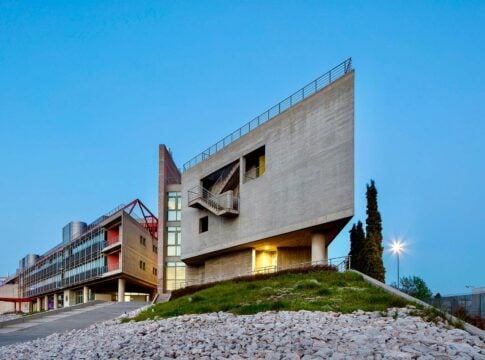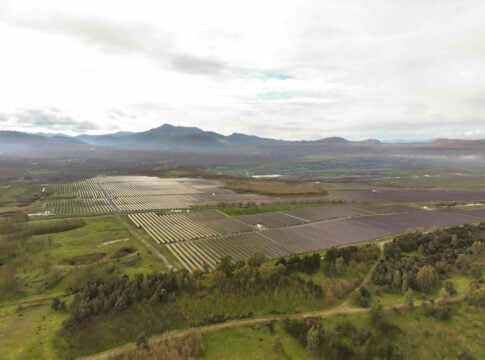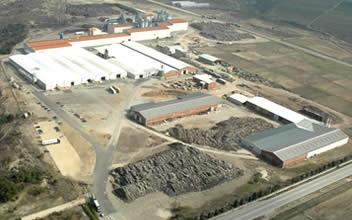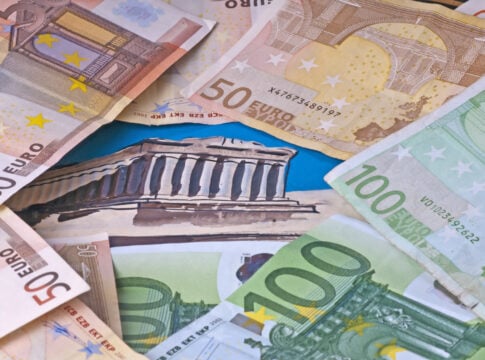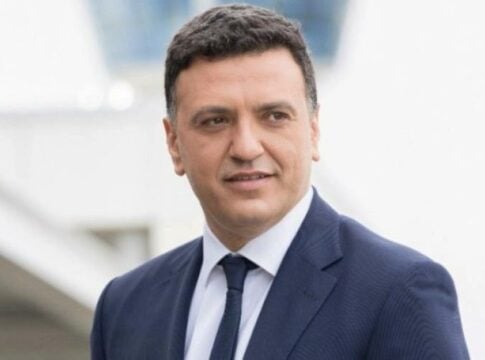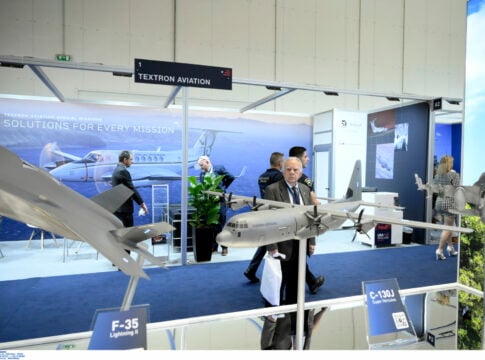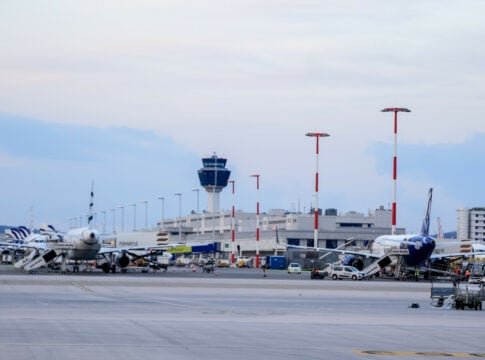We are at the peak of the tourist season and the first conclusions, not so much about the financial results, but about the problems that have accumulated in the sector, are increasingly becoming the subject of analysis and commentary.
The important contribution of tourism to the economy
It is necessary to emphasize right from the start that the contribution of tourism to growth, but also to the treatment of important problems, such as its participation in the current account balance, is not in doubt, although sometimes it was not sufficient to avoid the country from default. Thus in 2023 the final travel receipts, based on the data of the Bank of Greece, reached a remarkable amount of 20,594 billion euros.
The wrong choice of tourism as the driving force of the economy
Unfortunately, however, as can be seen from all the studies carried out on the course of the economy in the last fifty years, where the choice of tourism as the driving force of the economy dominated, the results were disappointing. With an average real GDP growth of 1% per year it was not possible to keep pace with the rest of the European countries, nor to ensure a tolerable level of welfare for the citizens. On the contrary, the country gradually fell in all comparative macroeconomic indicators to the last place, not only among the countries of the Eurozone, but also among those of the European Union of 27.
Changing the production model with an emphasis on technology
Greece simply needs to recover the pre-financial crisis level of convergence and to record growth rates for the next 15 years twice the average of other European countries. Based on the existing structure of the economy, but also with the choices made for the allocation of resources from the European Funds (Recovery Fund, NSRF, Structural Funds), this is impossible to happen. According to the forecasts of international organizations, Greece is expected to return to a 1% growth per year after the end of the economic aid in 2027.
What is required is the shift of our economic model in other directions, which promise better performance, through a stronger extroversion, greater integration of technology as well as the utilization of research and knowledge, as required in modern times. A look at the path of developed economies over the last fifteen years is enough to see that their economic model has quietly changed, since almost all large companies have been replaced in terms of size in the first positions by other new, modern ones, whose main field of action is technology.




